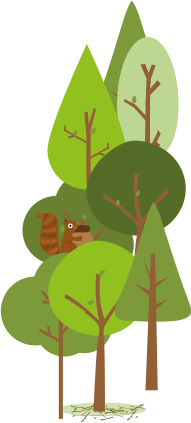

Blog
Adventures in Nature
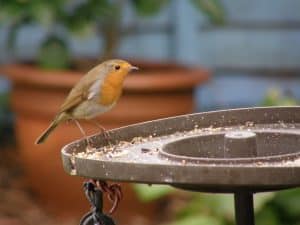
“Robin” by pauljeffery59
‘A crow in a crowd is a rook and a rook on its own is a crow’
After many conversations in our house about why the birds weren’t frequenting the bird feeders in our garden, this past week has allowed us to get back on ‘bird track’. There has been a lot to notice. Tuesday saw the first visitor to the feeder – a robin. It was strange to see its cautious movements around the garden before it dared to make a dash for one rushed mouthful of seeds; hardly even stilling its wings before flying off again to the safety of the hedge.
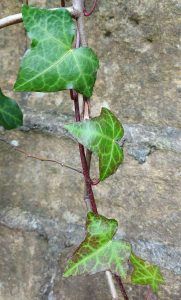
Dear Ivy,
In the past, people called you Bindwood and Lovestone. You still find a way to stick to everything, not letting go easily. You aren’t afraid to keep climbing high, the top branches are within easy reach. (more…)
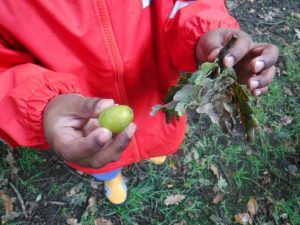
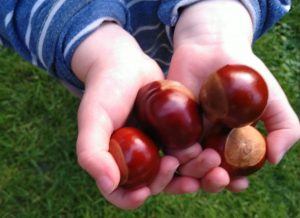
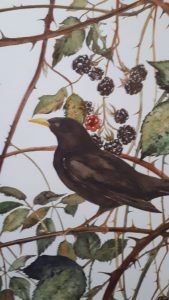
“Bramble is on the march again. Rolling and arching along the hedges, into parks on the city edges”. Robert Macfarlane once again perfectly capturing their essence, bullies of abandoned spaces, no care as to where they grow or how they look, intent on ever-growing and protecting as many juicy blackberries as they possibly can. (more…)

